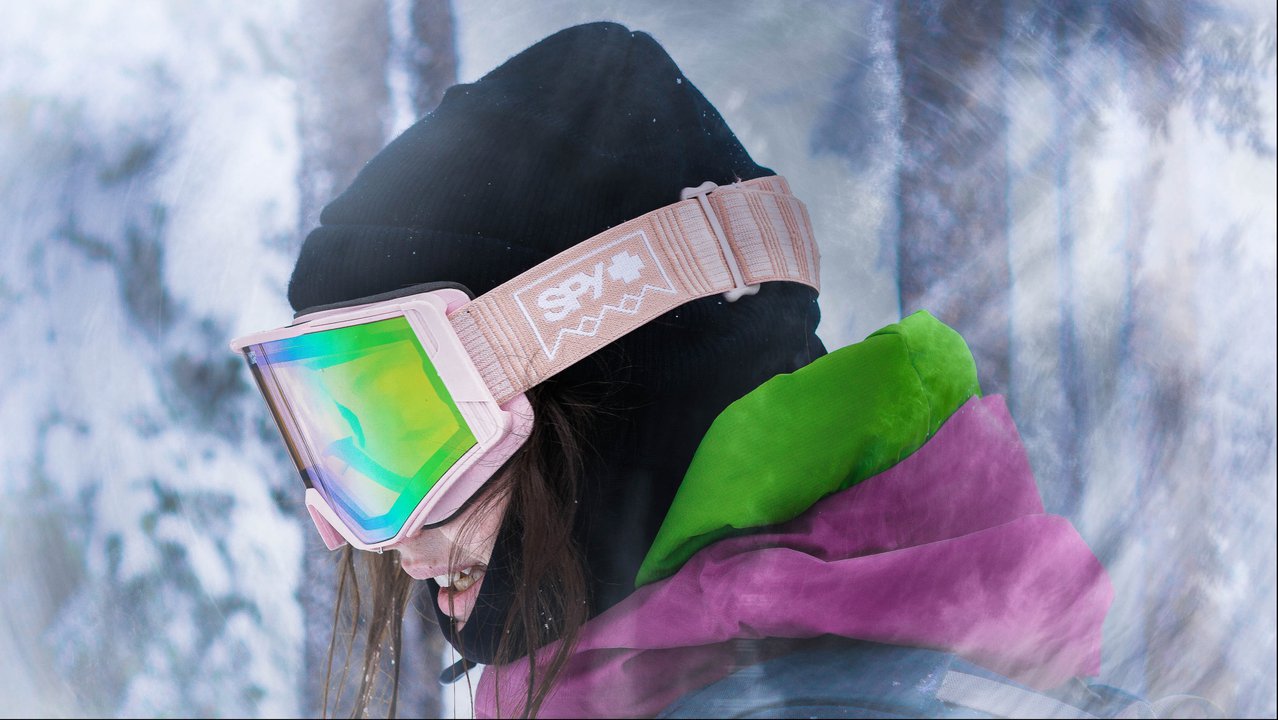We’ve all been there. You stick the trick. Maybe it was your first 360 or your first double 1260 -- it doesn’t really matter as the payoff feels similar. You cruise to the bottom of the jump, turn to your friend, and ask, “you get the clip?” They nod and pass you the camera. You watch the clip over and over, suddenly awash with the desire to show off what you’ve done. Fantasies of Instagram likes and positive social media comments flood your brain. And then, the guilt comes. Am I skiing for fun, or am I skiing to satisfy my ego?
Historically, the term ego cropped up in the English language sometime in the 1700s, used to describe “the self; which feels, acts, or thinks.” Sigmund Freud, the old crank, later took a liking to the phrase, placing it at the center of his psychoanalytic theory of self. To Freud, the ego was the conscious self, mediating the nastier, more neurotic parts of the brain.
These days, ego mostly refers to someone's sense of self-esteem and need for attention. In moderate doses, this version of the ego is great. Saying Bill “has a healthy ego” translates to “Bill loves himself just the right amount.” Your brain software needs some ego; otherwise, you might feel depressed or insecure.
You can have too much of a good thing, though, a fact that applies in spades to the numerous outsized egos running around the skiing world. You know who I’m talking about, and every resort’s got one -- the guy who recently got on flow with a brand and will not shut up about it, cutting ties with old friends because he’s a hot shot now and needs to “link with a photographer.” Jabronis like this give the ego a bad rap. In describing them, you might say, “that guy’s ego is way outta control.”
Recently, I sat down to read Jeremy Jones’s “The Art of Shralpinism,” a fantastic read for those hoping to spend more time in the backcountry, regardless of their snow weapon of choice. One of Jones’s mantras in “Shralpinism” is this, “ego is not your amigo.” Keep your head out of your ass Jones posits with this phrase. Don’t be self-obsessed and focus on the love of the sport instead. Doing otherwise might get you killed in an avalanche.
Similarly, I remember a conversation I had during my brief years on the junior freeride circuit. It went like this. We were discussing another skier, and someone pointed out that he only likes to “ski under the lift.” The implication was clear -- this skier wasn’t doing it for the passion; he was doing it for props. If it isn’t clear, this observation was an insult, not a compliment.
These instances point toward a backlash against taking an egocentric approach to skiing. We talk about “soul turns” and “doing it for the love,” not “I need to get this shot so I can show off how good I am.” To openly admit that your ego has involvement with your skiing can invite criticism. So, in response, we pretend that our collective passion for pow turns and park jumps is running the show alone, relegating our need for attention and affirmation to a dark, sad part of our brains. Collectively, we’ve made “ego” synonymous with “bad.” (While writing this article, Grammarly suggested that I replace egocentric with selfish.)
Yet, we don’t need to resurrect Freud to notice that ego is the lifeblood of skiing. Disagree with me? In the 3rd quarter of 2022, GoPro made $305 million in revenue. What is GoPro selling? An easy way to show off your skiing. That’s millions of dollars in sales for a tool that satisfies a part of our psyches that we often talk about silencing.
Take edits and movies as another example. No one’s schlepping out urban segments and BC flicks on just passion. Sure, floating through the air and sliding rails produces a unique high, but crashing 200 times in a row and freezing your ass off trying to get the shot doesn’t. Getting the attention of finally dropping an edit or movie is part of the deal. Humans, after all, have the desire not only to create but to display. Ski movies don’t have a point without an audience.
I know I’m running the risk of sounding jaded here, but I don’t mean to be. My point is this: ego is the mother of endless innovations and jaw-dropping movie moments. It leads to amazing content and products that we, as ski consumers, get to enjoy. If none of us cared for the roar of the crowd, skiing would be cold and lifeless. Shit, without ego, I probably wouldn’t have taken the time to sit down and write this article.
Another side of the coin needs to be addressed, too. Skiing is fun. I can’t soapbox about how we’re all skiing for attention. We’re skiing, at least in part, because it feels good. This is especially true for those of us headed toward an advanced age. As my body starts to get creakier, I’m spending less time in the air doing tricks that could impress. Still, I’m obsessed with skiing, just scoring fewer points for the ego and more for the soul. Inside this transition, though, remains the desire for affirmation through skiing -- I want people to think I’m good at the sport I’ve dedicated so much of my life to.
That quiet desire for affirmation stems from this truth: unless you’re the Buddha, you’ve got an ego. It’s a natural part of being human. Don’t feel bad about it, and don’t run from it. Sit with it, maybe think about it if you have philosophy 100 homework due, and enjoy posting that clip or edit of yourself you worked so hard for. Just don’t forget to point the camera if your friends ask you to. Indulging your ego a bit isn’t a free pass to being a dick.


Comments